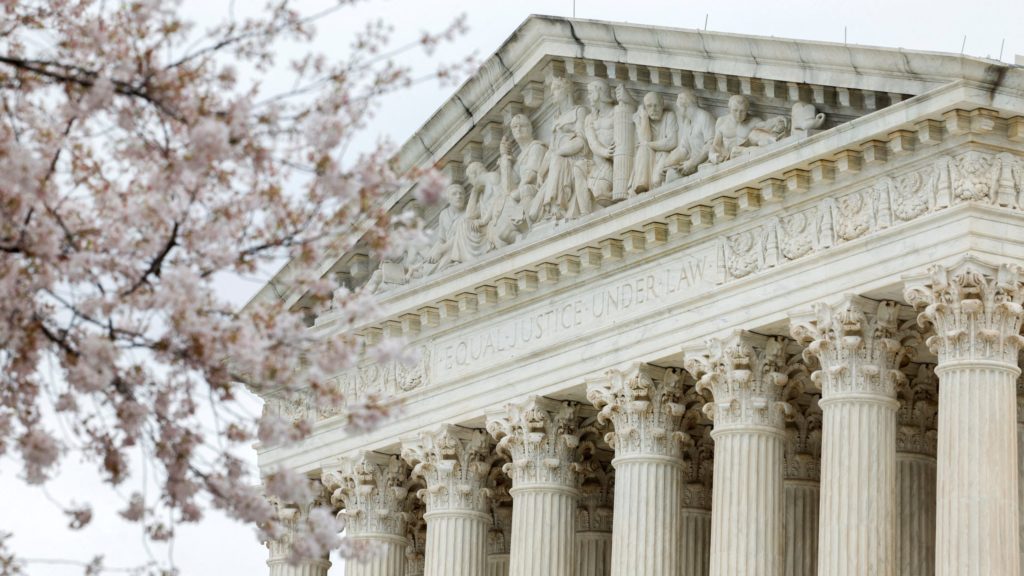The Supreme Court rejected without comment this week an Indiana Catholic husband and wife’s petition over a dispute involving custody of their transgender-identifying son.
Mary and Jeremy Cox refused to accept their son’s self-declared female identity in 2019 and instead sought therapy to address what they saw as underlying mental health concerns. The government subsequently removed their son from their home, placing him in another home that “affirmed” his transgender beliefs.
The state government eventually dropped its abuse allegations against the couple, though it ultimately refused to return him to their custody, claiming that the child had developed an eating disorder due to the dispute. Multiple court decisions upheld the state’s order.
The couple, represented by the Becket Fund for Religious Liberty, subsequently petitioned the Supreme Court last month. On Monday the Supreme Court declined to hear the case, turning down the Coxes’ petition without comment.
The Coxes’ child has turned 18 since the dispute began, though the Coxes argued in their appeal that the state’s decision should still be challenged in part because they have other children at home and were “gravely concerned that Indiana will make similar claims and allegations” regarding those children.
In a statement provided to CNA on Tuesday via Becket, the Coxes said that “no other loving parents should have to endure what we did.”
“The pain of having our son taken from our home and kept from our care because of our beliefs will stay with us forever,” the parents said.
“We can’t change the past, but we will continue to fight for a future where parents of faith can raise their children without fear of state officials knocking on their doors.”
Lori Windham, vice president and senior counsel at Becket, said in a statement that Indiana’s handling of the case “was a shocking attack on parental rights.”
“Loving parents should not lose custody of their children because they disagree with the state about gender,” she said.
Though the justices declined to hear the case, Windham said Becket was “confident that the Supreme Court will ultimately protect this basic right and ensure that parents can raise their children consistent with their religious beliefs.”
Windham had in February described Indiana’s conduct as “an outrage to the law, parental rights, and basic human decency.”
“If the Supreme Court doesn’t take this case,” she said last month, “how many times will this happen to other families?”

